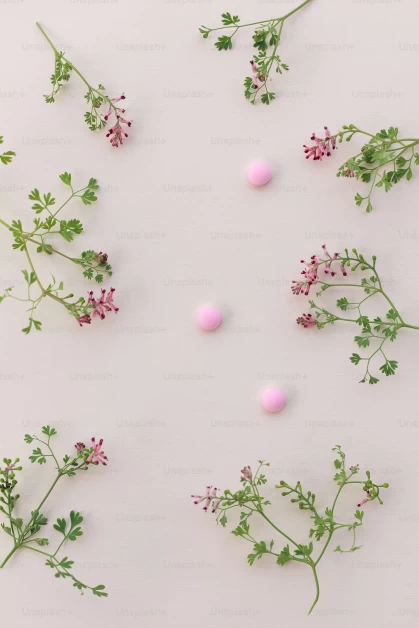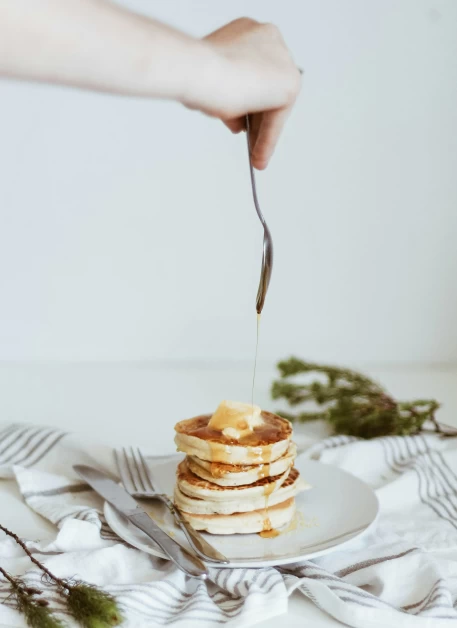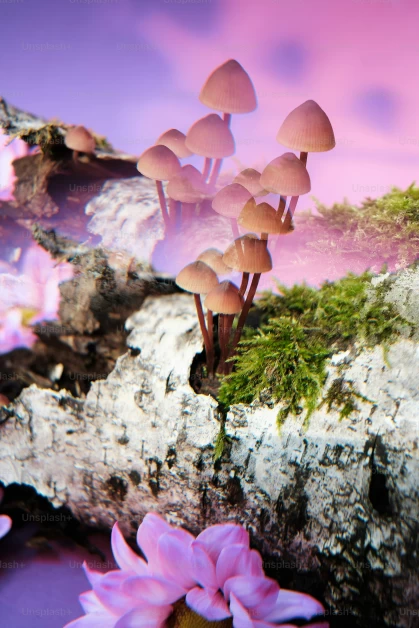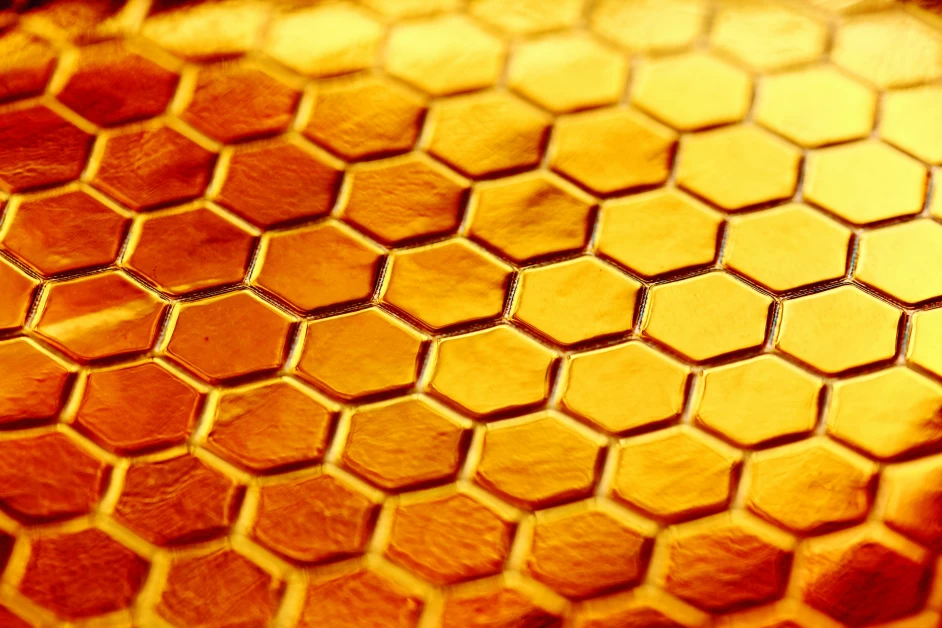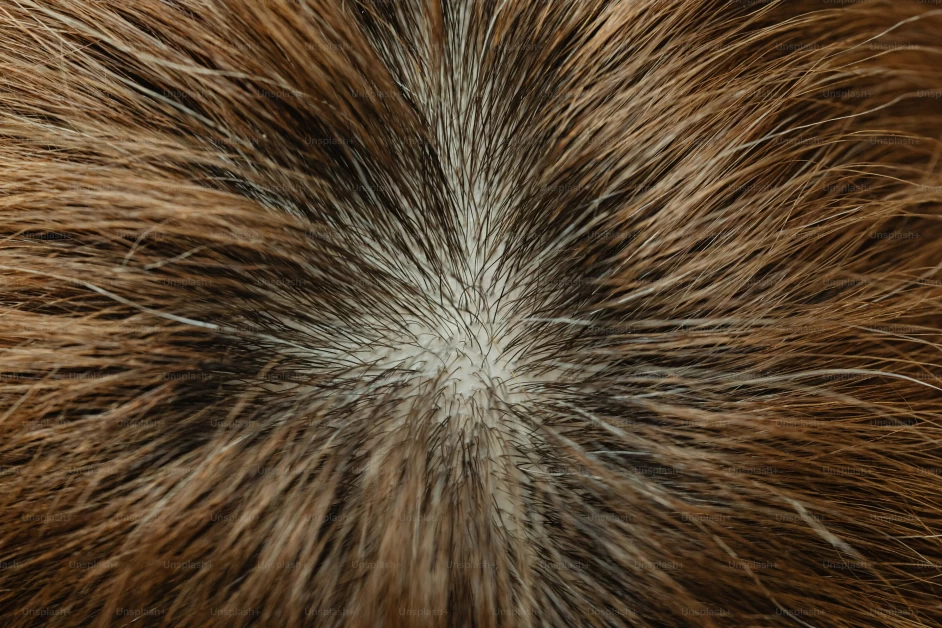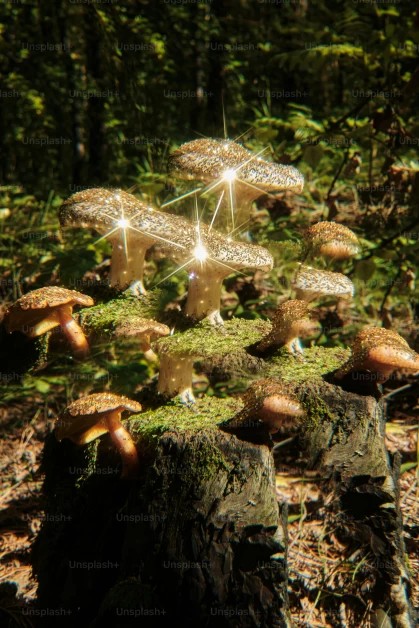Table of Contents
Introduction
As the seasons change, so does the likelihood of falling victim to the common cold and flu. These viral infections can leave us feeling miserable, with symptoms ranging from a runny nose and sore throat to high fever and fatigue. While there’s no magic cure for these ailments, nature has provided us with various remedies that can help alleviate the symptoms and boost the body’s immune response. Two such natural remedies gaining popularity for their potential health benefits are black seed and Manuka honey.
Black Seed: A Historical Healer
Black seed, scientifically known as Nigella sativa, has a long history of medicinal use dating back thousands of years. Native to South Asia, the Middle East, and North Africa, these tiny black seeds have been used in traditional medicine for their various health-promoting properties. In recent years, scientific research has shed light on the potential benefits of black seed, particularly in the context of respiratory health.
Immune Support
Black seed contains compounds like thymoquinone, which possess powerful anti-inflammatory and antioxidant properties. These properties can help boost the immune system’s response to infections, including the common cold and flu. Research indicates that black seed may have immune-boosting effects, making it a promising natural remedy for respiratory illnesses.
Respiratory Relief
Black seed is known for its potential to relieve symptoms associated with respiratory issues, such as coughing and congestion. It may help soothe a sore throat and reduce bronchial inflammation. The anti-inflammatory properties of black seed can help alleviate discomfort in the respiratory tract, making it easier to breathe and reducing coughing fits.
Antiviral Activity
Some studies suggest that black seed may have antiviral properties, which can be valuable in combatting the viruses responsible for colds and the flu. These antiviral properties may help inhibit the replication of viruses and reduce the severity and duration of symptoms. While more research is needed to fully understand the antiviral effects of black seed, its potential as a natural antiviral remedy is promising.
Manuka Honey: Liquid Gold for Health
Manuka honey, produced in New Zealand by bees that pollinate the Manuka bush, is renowned for its unique healing properties. It’s distinct from regular honey, thanks to the presence of a compound called methylglyoxal (MGO), which gives it its therapeutic benefits.
Immune Boost
Manuka honey is packed with antioxidants and natural enzymes that support the immune system. These compounds help the body fight off infections, making it a valuable asset during cold and flu season. The immune-boosting properties of Manuka honey can help strengthen the body’s defense against viruses and bacteria, reducing the risk of falling ill or experiencing severe symptoms.
Soothing Effects
The thick consistency of Manuka honey provides a soothing coating for the throat, relieving discomfort associated with a sore throat and persistent coughing. The honey’s texture helps to coat the irritated throat, reducing inflammation and providing temporary relief. This soothing effect can provide comfort during the cold and flu season when sore throats are common.
Antimicrobial Action
Manuka honey has potent antibacterial properties. It can help kill bacteria in the throat and respiratory tract, reducing the risk of secondary bacterial infections that often accompany the common cold. These antibacterial properties make Manuka honey an effective natural remedy for fighting off bacterial infections that may exacerbate cold and flu symptoms.
The Synergy of Black Seed and Manuka Honey
While both black seed and Manuka honey offer individual health benefits, the combination of these natural remedies can be a potent duo for cold and flu relief. Here’s how they work together:
Immune System Support
Black seed’s immune-boosting compounds, combined with the antioxidants and immune-supporting properties of Manuka honey, can fortify your body’s defense mechanisms. The synergistic effects of these two remedies can help strengthen the immune system, making it more resilient against viral infections like the common cold and flu.
Throat Comfort
Manuka honey’s soothing effect on the throat, coupled with black seed’s potential to reduce inflammation, can bring quick relief from sore throats and coughing. The combination of these two natural remedies can provide comfort and alleviate discomfort in the throat, making it easier to swallow and speak without pain.
Antiviral and Antibacterial Action
The antiviral and antibacterial properties of both black seed and Manuka honey can help combat the viruses and bacteria responsible for colds and flu. While black seed may have antiviral properties, Manuka honey’s potent antibacterial effects can work together to address both viral and bacterial infections that may contribute to respiratory illnesses.
When considering the use of black seed and Manuka honey for cold and flu relief, it’s important to choose high-quality, genuine products. Black seed can be consumed in various forms, such as oil or ground seeds, while Manuka honey is available in different UMF (Unique Manuka Factor) ratings, indicating its potency. For the best results, consult with a healthcare professional and consider the following tips:
- Dosage: Follow the recommended dosage guidelines for black seed and Manuka honey products.
- Purity: Ensure that the products you use are pure and free from contaminants.
- Combination: You can consume black seed and Manuka honey separately or mix them into a warm drink for a soothing and healing remedy.
While these natural remedies can provide relief from the symptoms of colds and flu, it’s essential to remember that they are not a substitute for medical treatment, especially if you have severe symptoms or underlying health conditions. Consult with a healthcare provider for personalized advice on managing cold and flu symptoms.
In conclusion, black seed and Manuka honey, with their respective immune-boosting and soothing properties, can be valuable allies in your battle against the common cold and flu. By harnessing the power of nature, you can potentially find relief and support during the cold and flu season.
